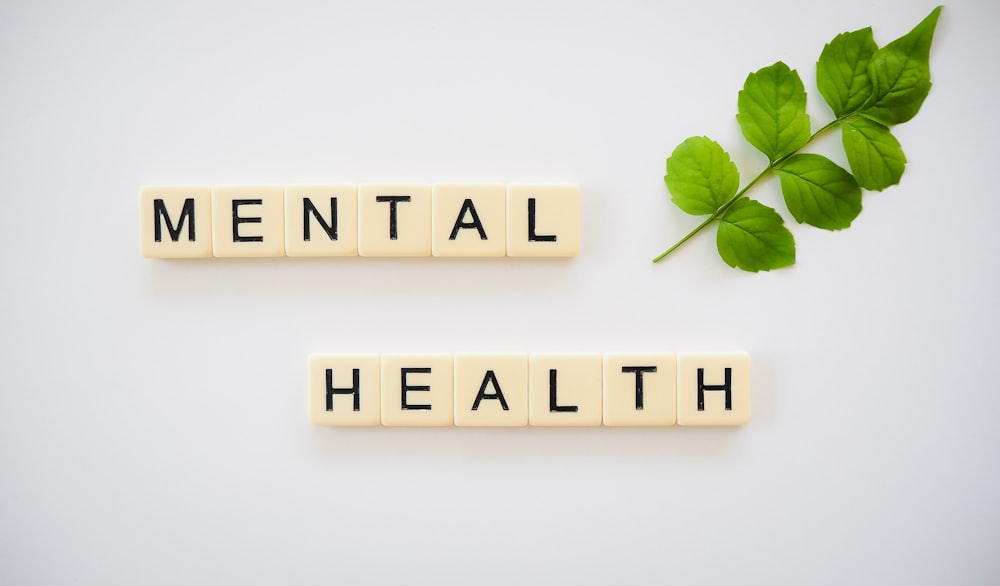Caring for Women’s Health at Home
Women are more likely to experience a variety of health conditions than men. Women have the potential for reproductive issues, such as in pregnancy and childbirth, which can result in complications both during and after birth; they also face risks from breast cancer, ovarian cancer, endometrial cancer, cervical cancer, vaginal bleeding, or discharge.
Women’s bodies also undergo changes during menopause, which can result in hot flashes, night sweats, mood swings, and other symptoms.
The best way to care for your health as a woman is to take preventive measures to avoid developing health conditions in the first place. This means caring for your body and mind, especially when you are just relaxing at home. here are some ways to take care of your health at home:
Contents
8 Caring Factors of Womens’ Health at Home:
1. Get regular checkups and screenings
Don’t wait until you’re sick to see the doctor. Schedule annual well-woman visits, mammograms, and other screenings as recommended by your healthcare provider. This is especially important as you get older. You want to catch any health problems early when they’re more likely to be treatable.
Your doctor can also help you manage chronic conditions like diabetes, heart disease, and arthritis, as well as recommend a range of treatments from vaginal probiotic supplements to hormone therapy for menopause symptoms.
2. Practice safe sex
One of the best ways to prevent reproductive health problems is to practice safe sex. This means using condoms every time you have sex, whether it’s vaginal, anal, or oral. It’s also important to get tested for sexually transmitted infections (STIs) on a regular basis, especially if you’re sexually active. This way, you can catch an infection early and get treated before it causes serious health problems.
3. Eat a healthy diet
A healthy diet is important for everyone, but it’s especially important for women. That’s because a woman’s body needs more of certain nutrients than a man’s body, including iron, folic acid, and calcium. Eating a diet that’s high in fruits, vegetables, whole grains, and lean protein can help you get the nutrients you need. It’s also important to limit unhealthy foods, such as those that are high in sugar, salt, and saturated and trans fats.
4. Stay active
Exercise is important for your overall health, but it can also help relieve some of the symptoms of conditions like PMS, menopause, and endometriosis. It can also reduce your risk of developing diseases like heart disease, stroke, and osteoporosis. Try to get at least 30 minutes of moderate-intensity exercise most days of the week. If you’re not sure where to start, talk to your healthcare provider or a certified personal trainer.
5. Manage stress
Chronic stress can take a toll on your mental and physical health. It can lead to problems like anxiety, depression, insomnia, and fatigue. It can also increase your risk of developing chronic diseases like heart disease and diabetes. There are a number of ways to manage stress, including relaxation techniques, journaling, and yoga. Find what works best for you and make it a part of your regular routine.
6. Get enough sleep
When you don’t get enough sleep, it can affect your mood, energy levels, and overall health. Getting seven to eight hours of sleep each night is recommended for optimal health. If you’re having trouble sleeping, talk to your doctor. There may be ways to help you get more restful sleep. Try to avoid caffeine and alcohol before bed, establish a regular sleep schedule, and avoid using electronic devices in bed.
7. Take care of your mental health
Your mental health is just as important as your physical health. If you’re feeling down, don’t hesitate to reach out for help. Talk to your doctor if you’re feeling depressed, anxious, or stressed. There are a number of treatments available, including therapy, medication, and self-care techniques.
8. Know your family history
Your family history can provide important clues about your own health. If you know that your mother, grandmother, or other relatives have had certain health problems, you may be more likely to develop them too. This is especially important when it comes to conditions like heart disease, stroke, cancer, and diabetes. If you’re not sure about your family history, talk to your relatives and ask them about any health conditions they’ve had.
No matter what your current condition, there are a number of steps you can take to maintain or improve your health. If you’re not sure where to start, talk to your healthcare provider. They can help you create a custom plan that meets your unique needs. Always remember that taking care of yourself is important, and it’s never too late to start making healthy changes.
Read Also:
- How To Maintain a Healthy Heart
- What is Creatine: How Can You Get More of It In Your Diet?
- 7 Major Tips To Maintain Heart Health In 2021 According To Top Cardiologists
- Diabetes Management: Novel Approaches To Treatment And Monitoring






